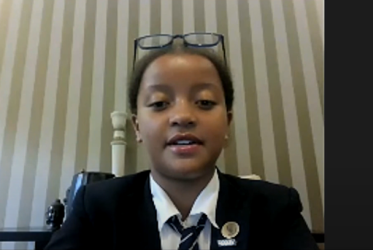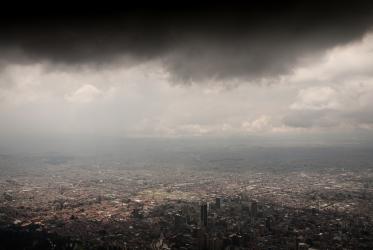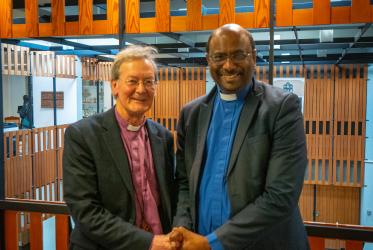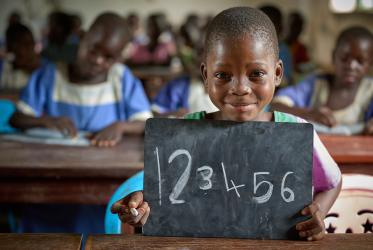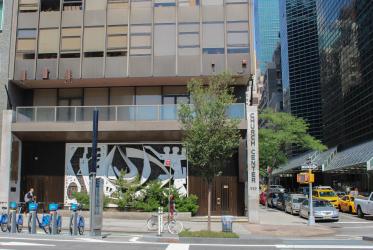Displaying 1 - 20 of 78
Voice of churches vital during UN women’s rights talks
28 March 2024
What can churches do to prevent modern slavery?
22 February 2024
Women and children in Gaza bearing brunt of ongoing war
16 January 2024
Ellyanne Chlystun-Githae Wanjiku to COP28: “listen more to children”
13 December 2023
ACT Alliance general secretary: “equity is not negotiable”
26 September 2023
Clewer Initiative, WCC map course for even stronger collaboration
02 February 2023
In New York City, the spirit of Thursdays in Black is thriving
06 October 2022
Seek Peace and Pursue It: PJP Series 4
Reflections on the Pilgrimage of Justice and Peace in Europe
22 August 2022











